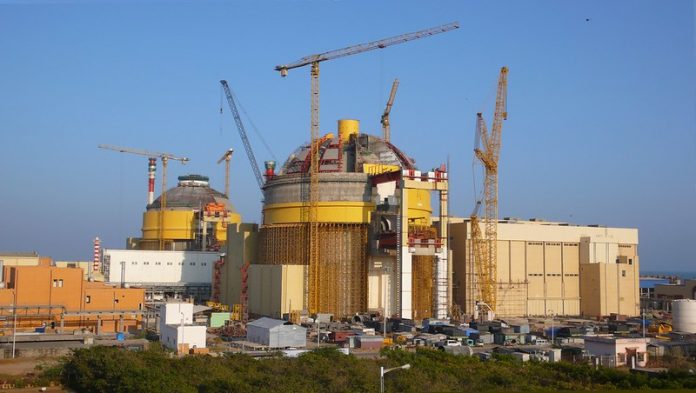The department of atomic energy (DAE) on Tuesday announced that it will be constructing the country’s first research reactor on the public-private partnership (PPP) model. DAE is shortlisting the private enterprises for a partnership in the project.
The research reactor, which will be designed by Bhabha Atomic Research Centre (BARC), will produce radioisotopes and is expected to bring down the costs of nuclear medicine that is used in cancer treatment in India. DAE will provide the upfront capital and build the plant through its subsidiary – Nuclear Power Corporation of India Ltd – the department said in a statement.
On April 15, the department had held an informal consultation with 17 companies from around the world, who are interested in joining hands for the project.
“The participants represented businesses across the nuclear medicine value chain such as nuclear medicine, pharmaceutical, healthcare, medical devices, and nuclear reactor equipment suppliers from the USA, Canada, Argentina, Russia, France, UK, and two-three Indian suppliers,” read the statement.
The design, regulatory clearances, and other preparatory work is going at a good pace, the DAE statement further read.
In India, all major radioisotopes are produced by BARC, which houses research reactors in its Trombay campus and an accelerator in Kolkata. Some radioisotopes are imported from Europe, Australia, and other Asian countries.
Radioisotopes are radioactive isotopes that have an unstable atomic nucleus. They emit energy and particles when they change to a more stable form.
Radioisotopes are widely used in nuclear medicine for diagnostics purposes as well as to treat diseases like cancer. The industrial uses of radioisotopes include identifications of flow malfunctions, measurement of flow parameters, evaluation of the design of chemical reactors, monitoring of product quality, and process efficacy.
Private entities that are willing to invest in the construction of the reactor and its processing units will get exclusive rights to process and market the radioisotopes produced in the reactor. Radioisotopes in India can be procured and handled only by the users duly authorized by Radiological Safety Division (RSD), Atomic Energy Regulatory Board (AERB).
The demand for radioisotopes for nuclear medicine is on the rise. Between 2018 and 2020, the nuclear medicine departments in hospitals in India have grown from 293 to 349, as per AERB.

